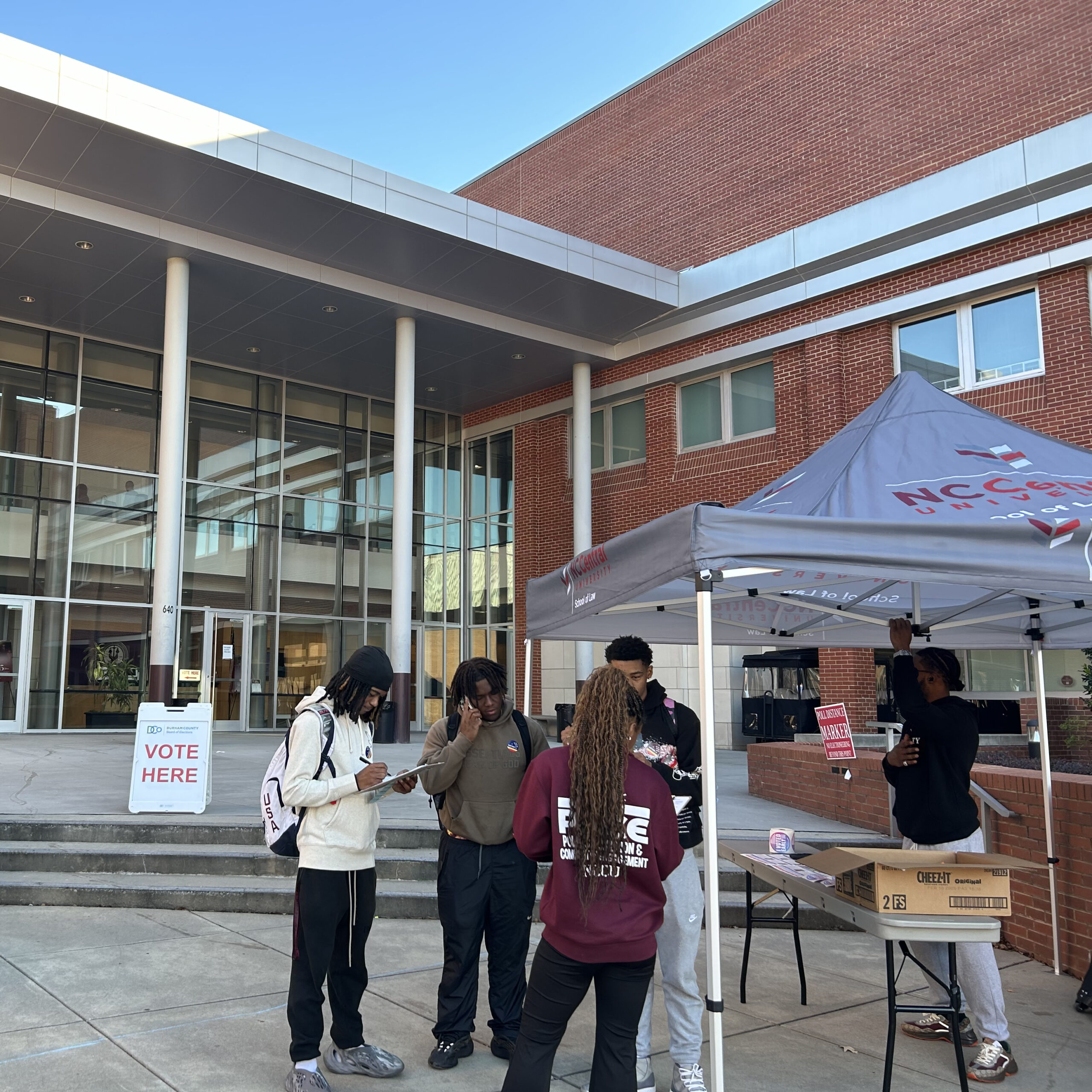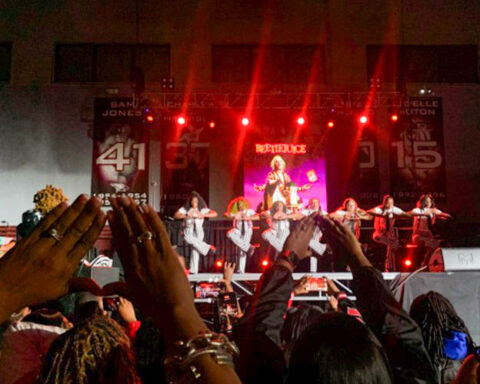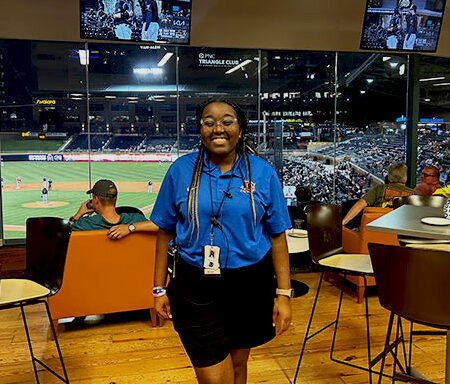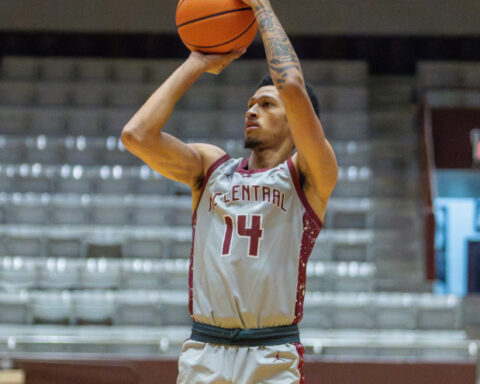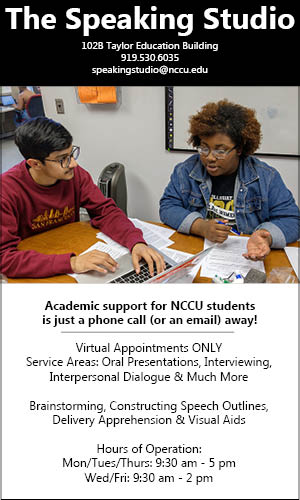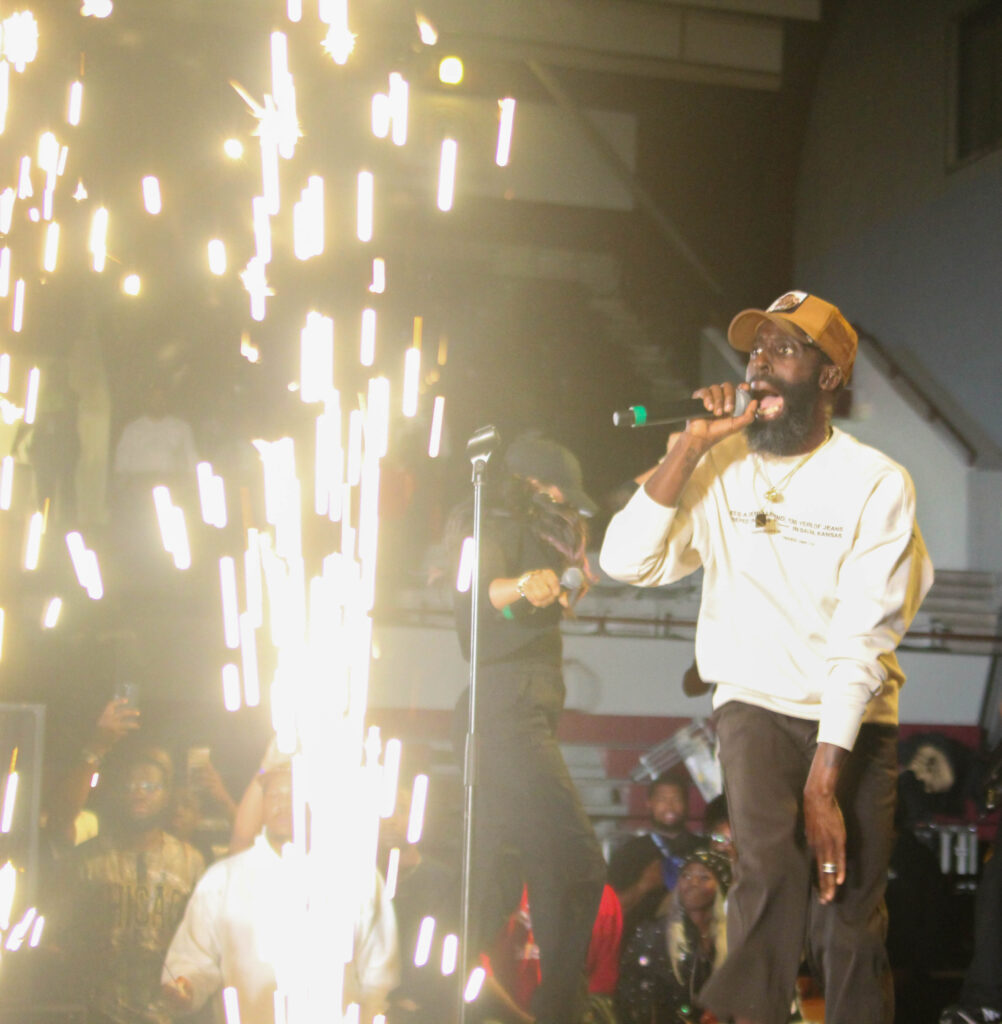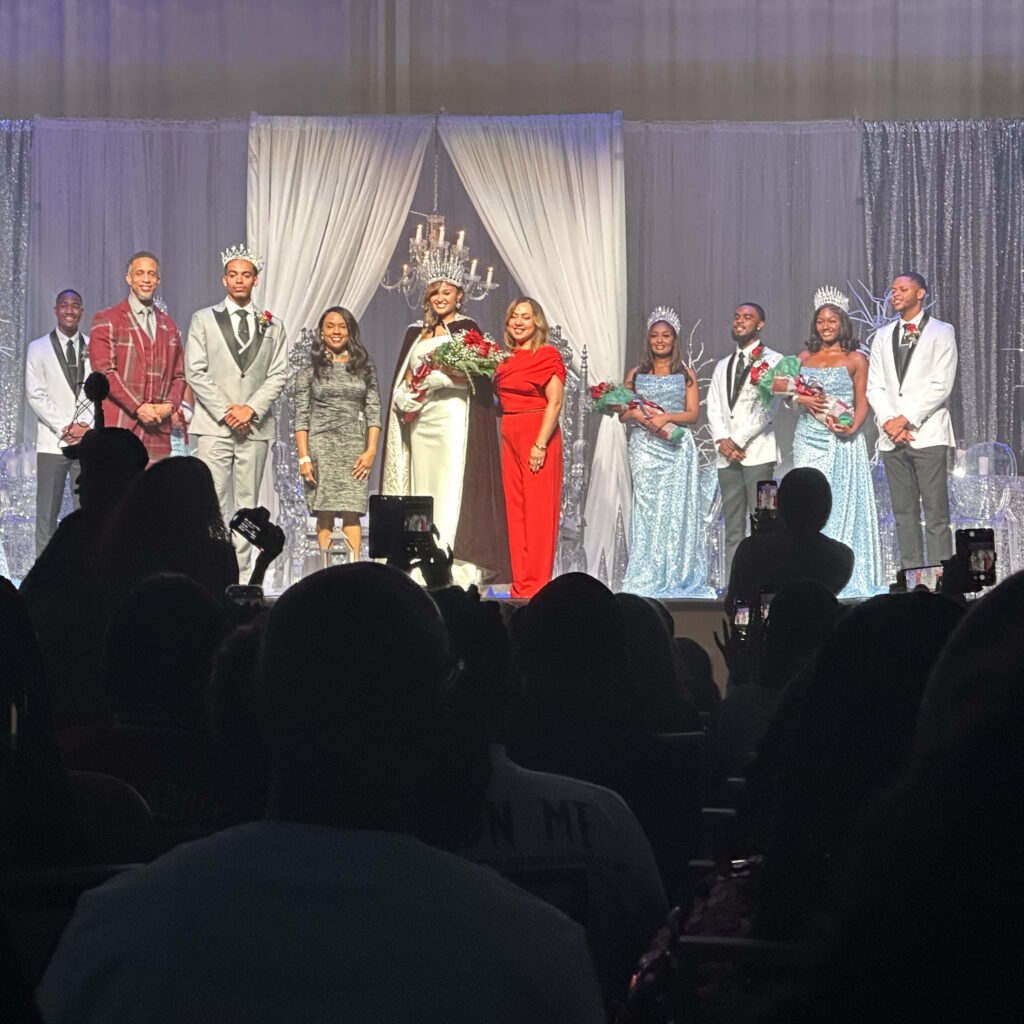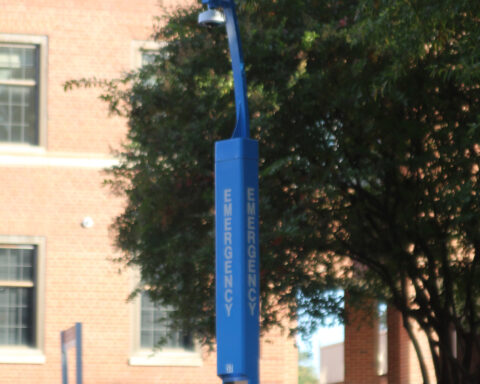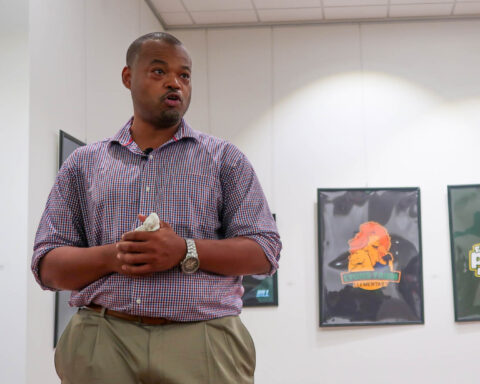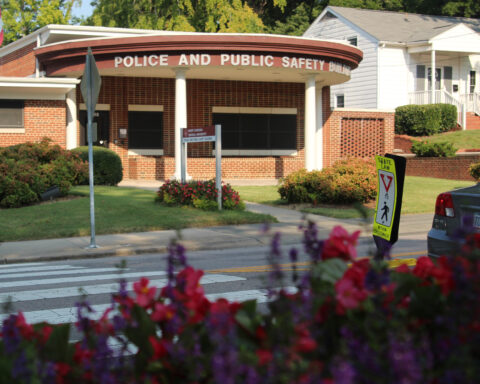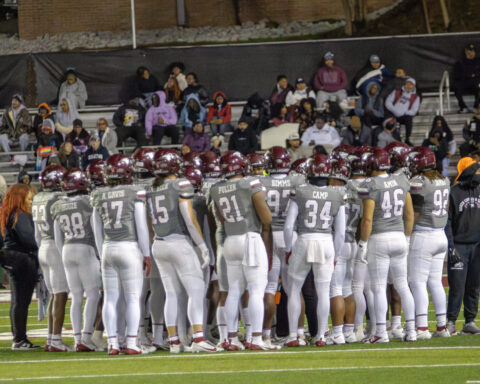In a swing state like North Carolina, students could cast the deciding vote to determine the results of the presidential election. But, some N.C. Central University students have no plans to vote.
According to an informal poll of 138 NCCU students conducted by the Campus Echo in September and October, 93.4% of students were registered to vote, while 84.8% said they planned to vote. Students responded to the poll anonymously.
“No matter who we vote for, the economy is still going to decline. I don’t feel like any real change has occurred,” one student wrote in the poll.
One student simply felt that voting is simply “useless” while another said, “I don’t see the importance.”
Despite some students’ skepticism, student and local organizations hosted an abundance of events on campus. The last months were filled with presidential and vice-presidential debate watch parties, forums on voting, voter registration opportunities and more, giving students ample opportunities to be civically engaged and informed.
Laila Boyd, a biomedical science freshman who attended NCCU’s presidential debate watch party, said she plans on being politically active because “this election will determine the rest of the course of our lives.”
However, for some students, these pushes towards voting are not enough.
Poll results showed that 20.3% of students said they felt their vote isn’t important. Some students wrote that they are not politically educated enough to vote while some simply want to “trust God.”
Out of the registered NCCU students, 64.4% are registered Democrats, while less than 2% are registered Republicans. 29.6% are unaffiliated while 4.3% of students fell in neither category.
This is consistent with data from two studies conducted by the Pew Research Center that shows that most Black voters are registered Democrats and “two-thirds of voters ages 18 to 24 (66%) associate with the Democratic Party.”
An overwhelming majority of respondents who planned on voting will be casting their ballot for the Democratic presidential nominee, Vice President Kamala Harris.
There are numerous motivators sending NCCU students to the polls this November, but three issues on the ballot were most pressing: reproductive health, student loan forgiveness, and racial injustice.
According to a report done on NCCU’s student voting rates by the National Study of Learning, Voting, and Engagement, registered NCCU students’ voting rates have fluctuated over the last two presidential elections.
In the 2020 presidential election, the turnout rate of registered voters was 90%, an 7.1% increase from the previous presidential election in 2016.
“Students do not always want to vote, because they do not understand the significance of voting and the importance of voting. When that is made clear, you will have more participation,” said an NCCU student.
Students will await the results of the election following the vote count on Election Day, Nov. 5. Early Voting will continue at the NCCU Turner School of Law until Nov. 2.

